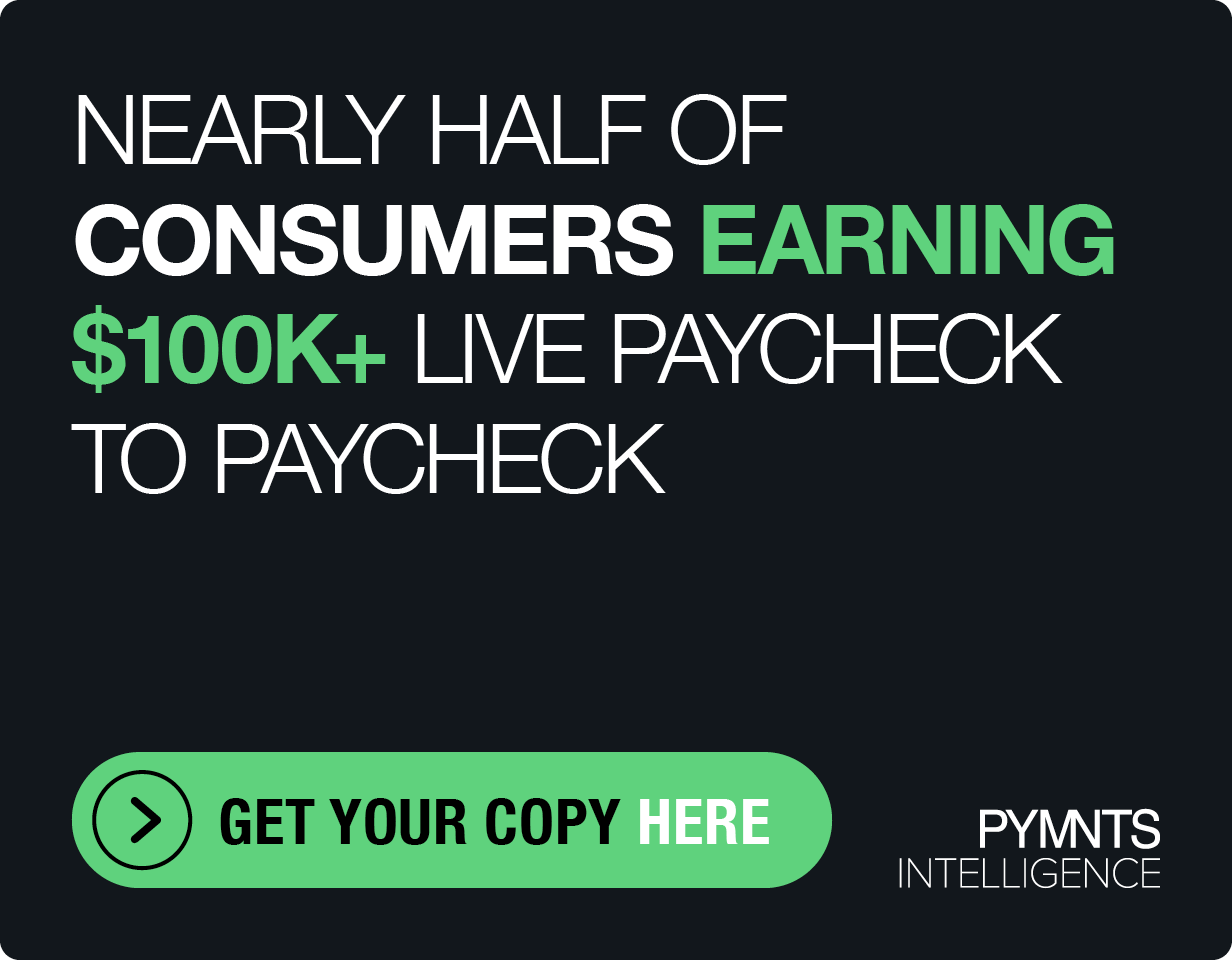Retail Bedfellows Roundup: Burger King And Pepsi Go Cheesy, Cereal Makers Spend Wisely

Every retailer has its own reason for approaching another brand with a business proposition. Some do it to dig themselves out of a hole, while others only embark on such risky joint projects when the financial odds are solidly in their favor.
Fortunately, the rapid ebbs and flows of the modern retail landscape mean that there are always reachers and climbers that make the Retail Bedfellows Roundup.
Instacart Partners Up, Straightens Out
It’s a tough time to be in the on-demand grocery delivery business. Amazon has awoken its sleeping giant of a business model to retarget domestic and foreign markets, and with new startups expanding every day, previously profitable brands are starting to feel the squeeze of a crowded industry in a real way. Instacart knows this all too well, which is why it forged a key partnership last week for its Manhattan operations.
Instacart announced on Tuesday (June 21) that it had finalized an agreement with Key Food that will allow the delivery service to ship straight from the brand’s four Food Emporium locations across Manhattan. The companies first teamed up in 2015 with a partnership throughout the greater tri-state area, and citing metrics that “the Key Food community has grown tremendously on Instacart,” Instacart Head of Retail Accounts Andrew Nodes emphasized the boost Key Food could give the delivery platform in keeping faith with “customers [who] expect groceries to be delivered to their door wherever and whenever they want them.”
For every reaction, there’s an equal and opposite reaction, though, and soon after news of the Instacart-Key Food partnership hit the wire, other reports of the delivery platform’s struggles seemed to as well. Instacart has reportedly begun cutting in-store checkout staff, opting instead to fold the role into that of its once-dedicated item pickers, immediately prompting speculation that the company was in dire need of straightening out its financials.
Burger King And Pepsi’s Cheesy Deal
Even the most casual observer knows that there’s a good deal of money to be made in health foods right now. Kale smoothies and bean burgers are the big sellers of the day, and if the fast-food companies of decades past are going to keep up, they need to adapt to this new low-cal reality.
Or, as Burger King and Pepsi show, they can head in the opposite direction.
The fast-food chain and PepsiCo subsidiary Frito-Lay have announced a partnership to bring a new limited time-only menu item to stores. Dubbed the “Mac ‘n Cheetos,” the culinary masterpiece is made of a core of deep fried macaroni and cheese surrounded by Cheetos-flavored breading. It’s already gone live in some stores as a trial, and once Mac ‘n Cheetos go live, they’ll continue selling for eight weeks.
If it smacks of Taco Bell’s Doritos-inspired offerings, that’s no mistake. And President of Burger King North America Alex Macedo told Chicago Tribune that it could be just the start of a whole new line of snack-styled fast foods at BK.
“We’re working on a few other menu items,” Macedo said. “There’s room for us to do more together in the future.”
The possibilities, like the cholesterol, are endless.
50 Shades Of Ray-Ban Displays
There are some travel essentials that long-haul passengers must buy in order to keep their trips comfortable. For some, this is a good book, while others can get by with a solid pair of noise-cancelling headphones. For Gebr. Heinemann, one of the leading providers of selling space in travel retail, sunglass sales have experienced a boom lately, and it’s striking while the iron is hot.
Gebr. Heinemann has secured a deal with Luxottica, maker of the Ray-Ban line, to use its Ray-Ban models as a focal point of a European push of personalized wall outlets in travel retail locations across the continent. That will mean a lot more Ray-Ban displays in the airports and train stations that link Europe’s major cities, and both companies are hoping it means a commensurate increase in sales as well.
“We identified sunglasses as a key growth-driving category a number of years ago, and the performance we witness today is the result of strategic investment and brand partnerships where we share a common vision for the category,” Gebr. Heinemann Purchasing Director of Fashion and Accessories Jan Richter said in a statement. “Following our successful collaborations in locations such as Oslo and Copenhagen, this latest European-wide activity with Ray-Ban takes partnership to a new level.”
Cereal Issues
The breakfast cereal industry has been grappling with a harsh reality as of late: Not only do younger eaters not want to eat their products, but they’ve failed to date at coming up with any tweaks or improvements that do anything to help. Rather than keep banging their heads against the wall, some are trying to break out of the milk-and-cereal paradigm with nothing more than some savvy investing.
Adweek explained that General Mills has been using its 301 INC venture fund to buy stakes in startups that do everything from produce cheese and yogurt products from nuts to ones that bottle ready-to-drink vegetable soups. Campbell Soup Company — not a breakfast maker per se but with as much of a stake in traditional eating habits as any — has set its sights even higher, though, with a $125 million investment into Acre Venture Partners, a VC firm that backs startups committed to “defining the future of real food” through “new approaches and new business models.”
It’s hard to see how that will fit into the long-time cereal model, but if it keeps these struggling brands in business, it’s hard to imagine them crying over spilt milk.
